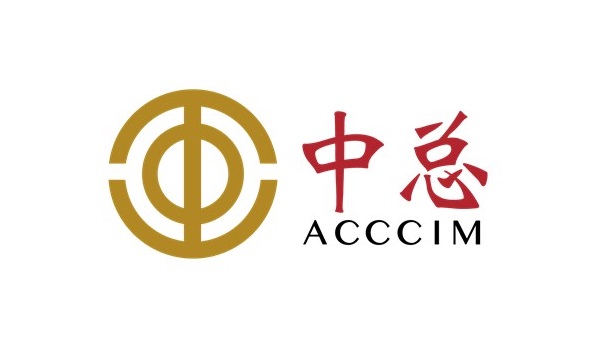
The ACCCIM lauds the concluded Reciprocal Trade Agreement (RTA) between Malaysia and the United States (US), which was inked on 26 October 2025, providing some degree of certainties to the Malaysian industries, exporters and importers, and facilitating trade flows between two countries.
The RTA is comprehensive covering market access, several concessions, aligned economic and security as well as digital regulation. While the tariff is maintained at 19% as previously, the Government had secured 0% tariffs on 1,711 tariff lines, worth US$5.2 billion, which account for 12% of Malaysia’s exports of these products. These include rubber-based products, cocoa products, pharmaceuticals and palm oil. The Trump administration has also agreed to give due consideration to semiconductor exports from Malaysia under Section 232 of the US Trade Expansion Act.
The ACCCIM President, Datuk Ng Yih Pyng said that the zero-rated tariffs on 1,711 tariff lines will enhance the market access of domestic industries to the US. However, there are pluses and minuses on the liberalization of market access of the US goods and services to Malaysia. For example, while the preferential market access for US industrial goods, including chemicals, machinery spare parts and electrical equipment, medical equipment and computer software would lower the cost of production for Malaysian businesses, domestic SMEs will face stiffer competition from lower imports tariffs from the US. For Malaysian consumers, they will benefit from cheaper consumption goods such as fruits, food, and dairy products.
The chamber expresses concerns over the clauses and terms as well as regulatory standards of the RTA such as Article 3.3: Digital Trade Agreements, Article 5.1: Complementary Actions, and Article 5.2: Export Controls, Sanctions, Investment Security, and Related Matters.
Overall, while we hope that the RTA will help to strengthen bilateral and investment relationship between Malaysia and the US, it must be structured towards a balanced and mutually beneficial agreement while preserving our trade sovereignty and regulatory autonomy. We need clarity on some of the concerns raised above, including the easing of stringent and costly US regulatory requirements, ensuring that Malaysia’s commitment to market access liberalization and regulatory alignment is reciprocated with the US’s concession to Malaysia. ACCCIM believes that the Government will continue to review these matters before the Agreement comes into effect.